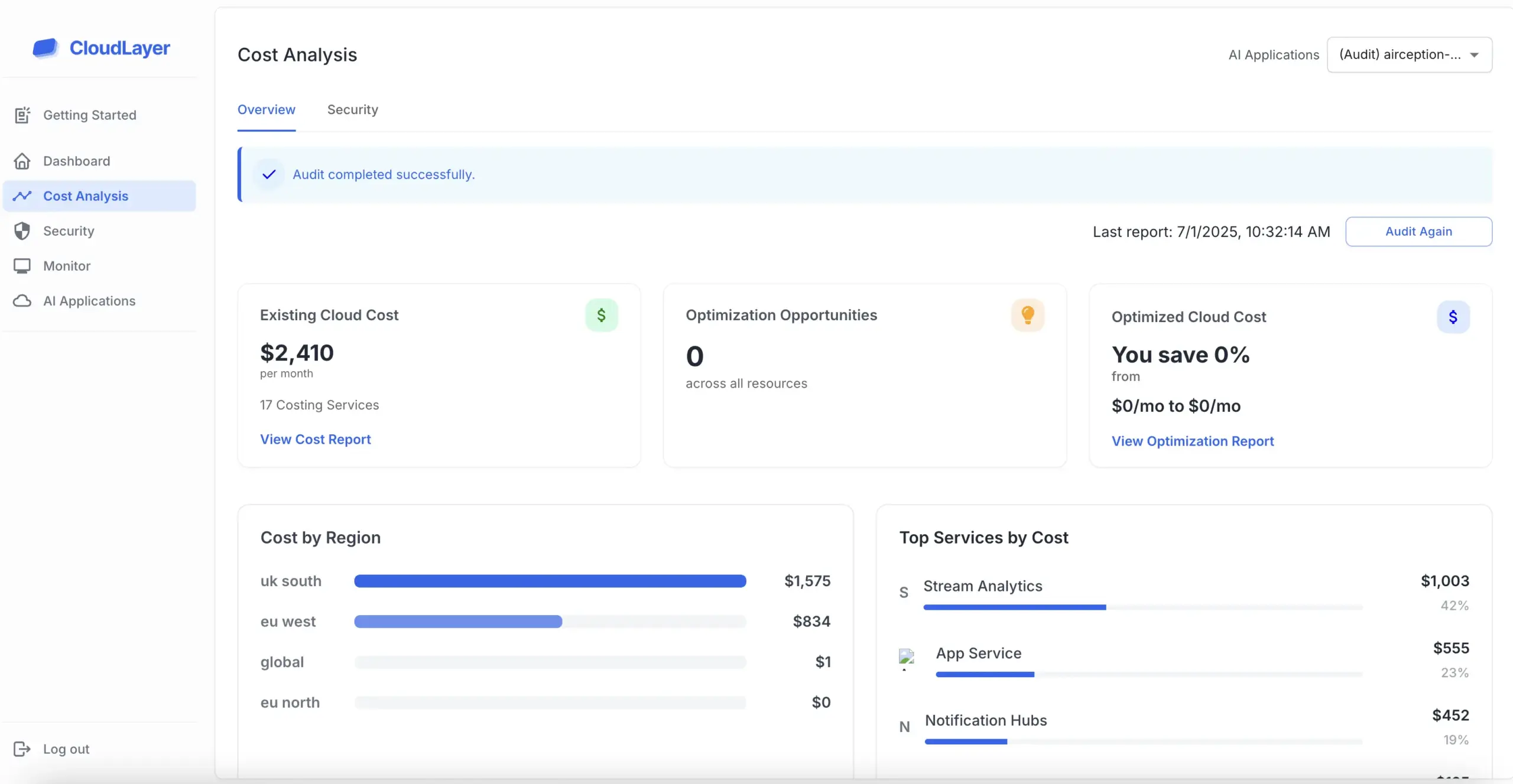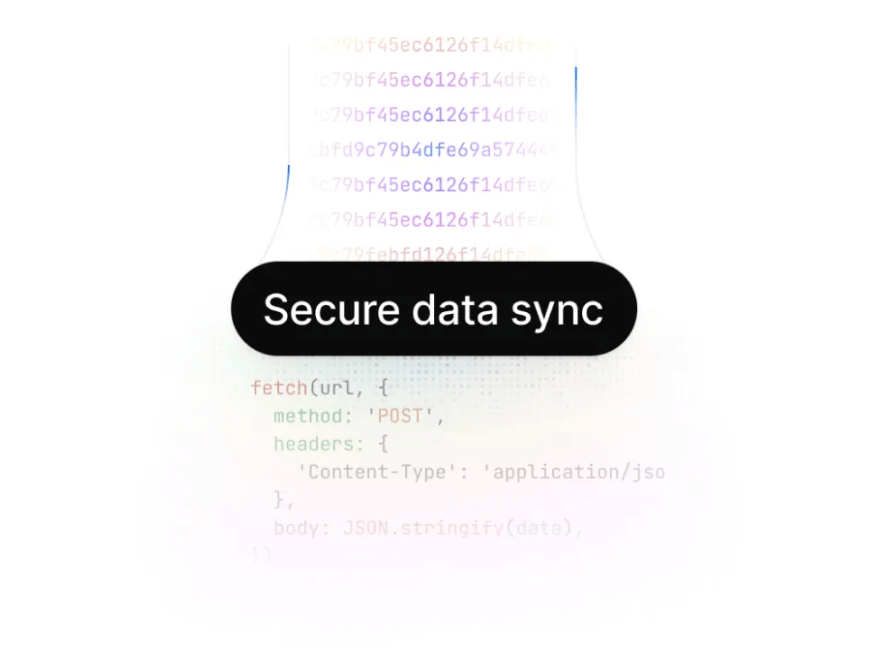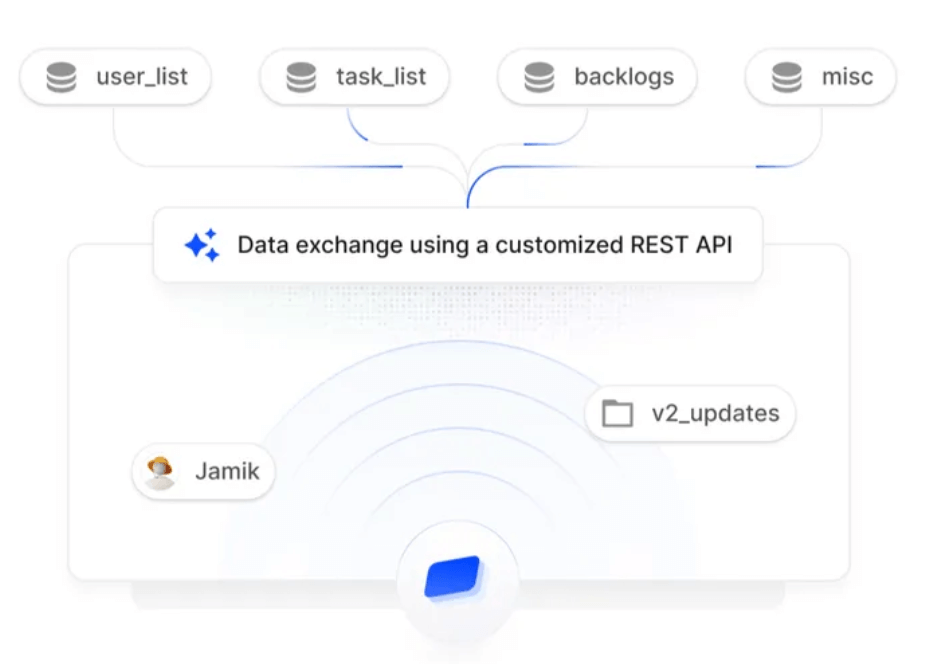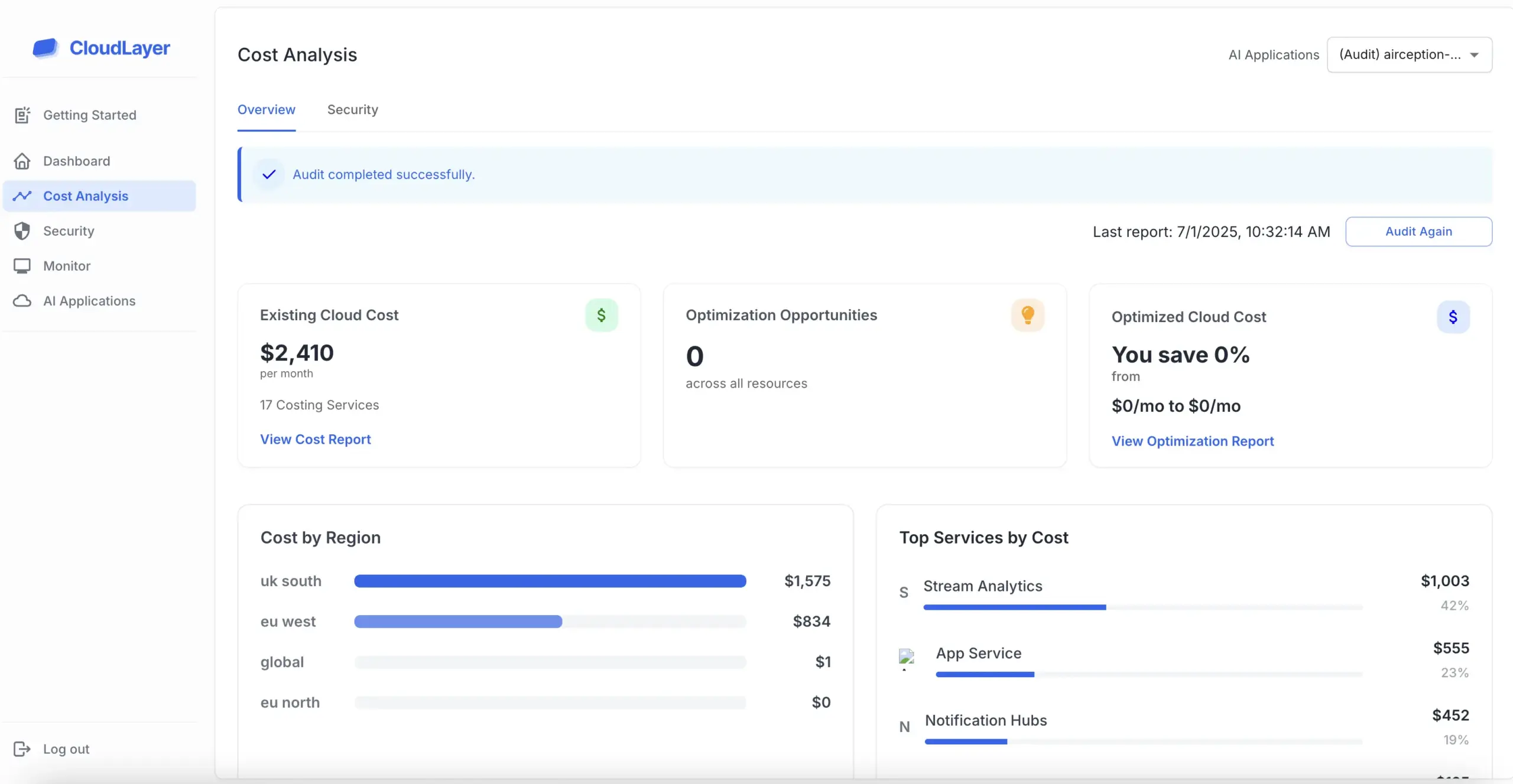

The Health Insurance Portability and Accountability Act (HIPAA) is a federal law that mandates the protection of patient health information. Enacted in 1996, HIPAA establishes national standards for the privacy and security of sensitive patient data.

Compliance with HIPAA is not just a legal obligation; it also reflects your commitment to patient care. Ensuring HIPAA software compliance protects your organization from data breaches and fosters a trustworthy relationship with patients.

HIPAA compliance encompasses several key areas, including privacy rules, security rules, and breach notification requirements. Understanding these components is essential for implementing effective software solutions that safeguard patient information.

Selecting software that meets HIPAA compliance standards involves evaluating features such as data encryption, access controls, and audit trails. It is vital to choose solutions that not only fulfill regulatory requirements but also enhance operational efficiency.

